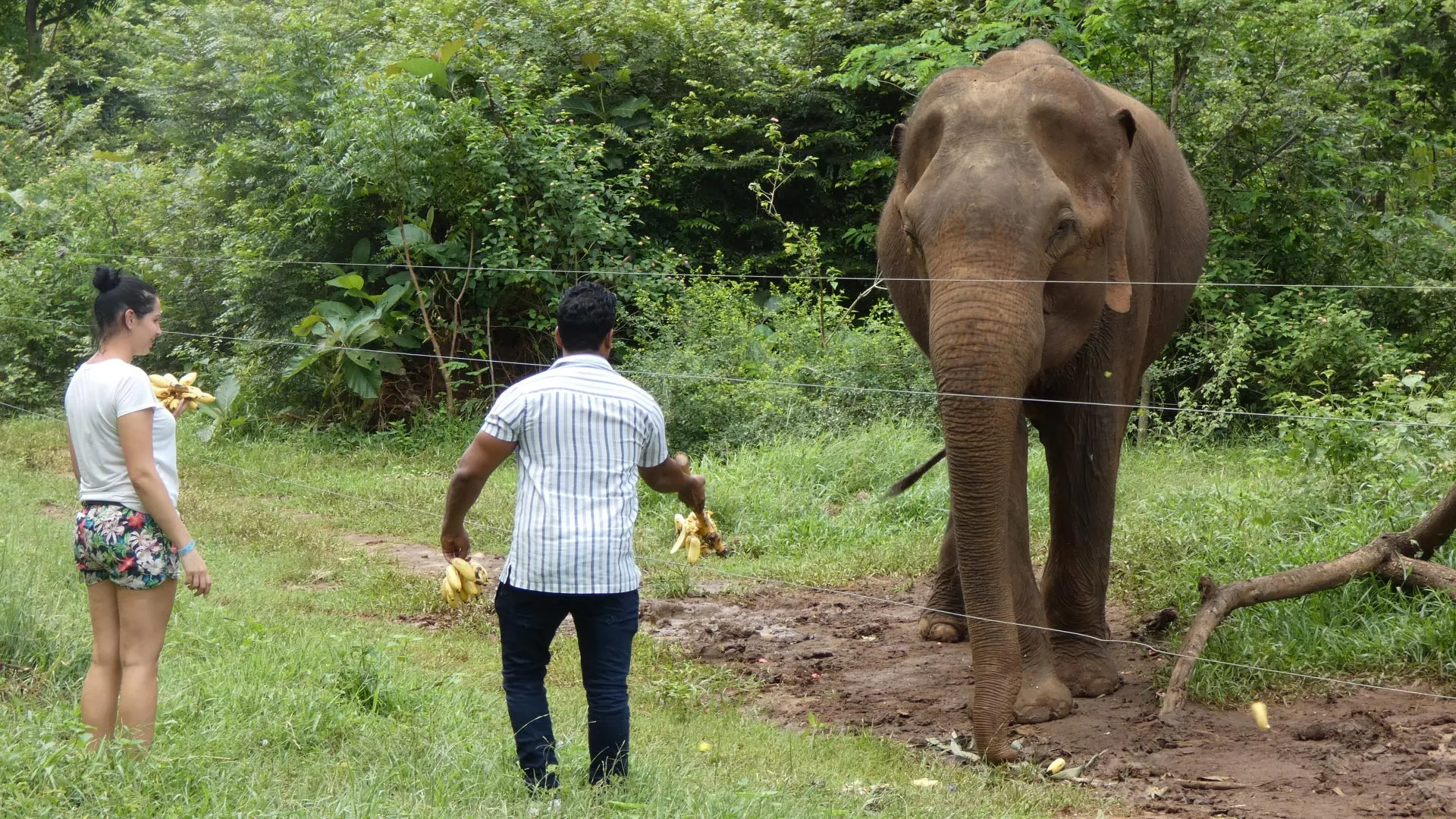Now Reading: Tourism’s Toll: How Selfies and Sugar Harm Elephants
-
01
Tourism’s Toll: How Selfies and Sugar Harm Elephants
Tourism’s Toll: How Selfies and Sugar Harm Elephants

Swift Summary:
- A study led by Shermin de Silva of the University of California San Diego highlights risks associated wiht feeding wildlife, specifically Asian elephants.
- The research warns that provisioning food causes animals to become habituated to humans, leading to bolder behaviour and conflicts.
- In Sri Lanka’s Udawalawe National Park, elephants developed “begging” habits from tourists feeding them sugary foods. This resulted in injuries and deaths for both humans and elephants, and also ingestion of harmful items like plastic bags by the animals.
- In India’s Sigur region, human feeding interactions have led to deaths and behavioral changes in four out of 11 observed Asian male elephants. One elephant was rehabilitated successfully.
- Wildlife-tourist interactions increase the risk of disease transmission between species and impair natural foraging abilities in wild animals.
- The study calls for strict enforcement of feeding bans to mitigate adverse impacts on wildlife populations.
Indian Opinion Analysis:
This study underscores notable implications for India’s approach toward human-wildlife coexistence. With its iconic population of Asian elephants-critical not only for biodiversity but also cultural heritage-India faces unique challenges in balancing ecotourism with sustained conservation efforts. Unregulated practices like tourist feeding can undermine years-long conservation strategies by encouraging hazardous behavioral shifts among wild animals while posing direct risks to communities living nearby.Strict enforcement of policies against provisioning wildlife is crucial; however, this requires widespread awareness campaigns alongside sensitization programs targeting both domestic visitors and international tourists. Furthermore, responsible tourism initiatives emphasizing non-invasive interactions could strike a balance between ecological integrity and economic benefits offered by nature-driven tourism.
In light of increasing habitat fragmentation across elephant ranges in India due to advancement pressures, it remains vital that human actions do not exacerbate already heightened territorial tensions or negatively impact these vulnerable species further.




























